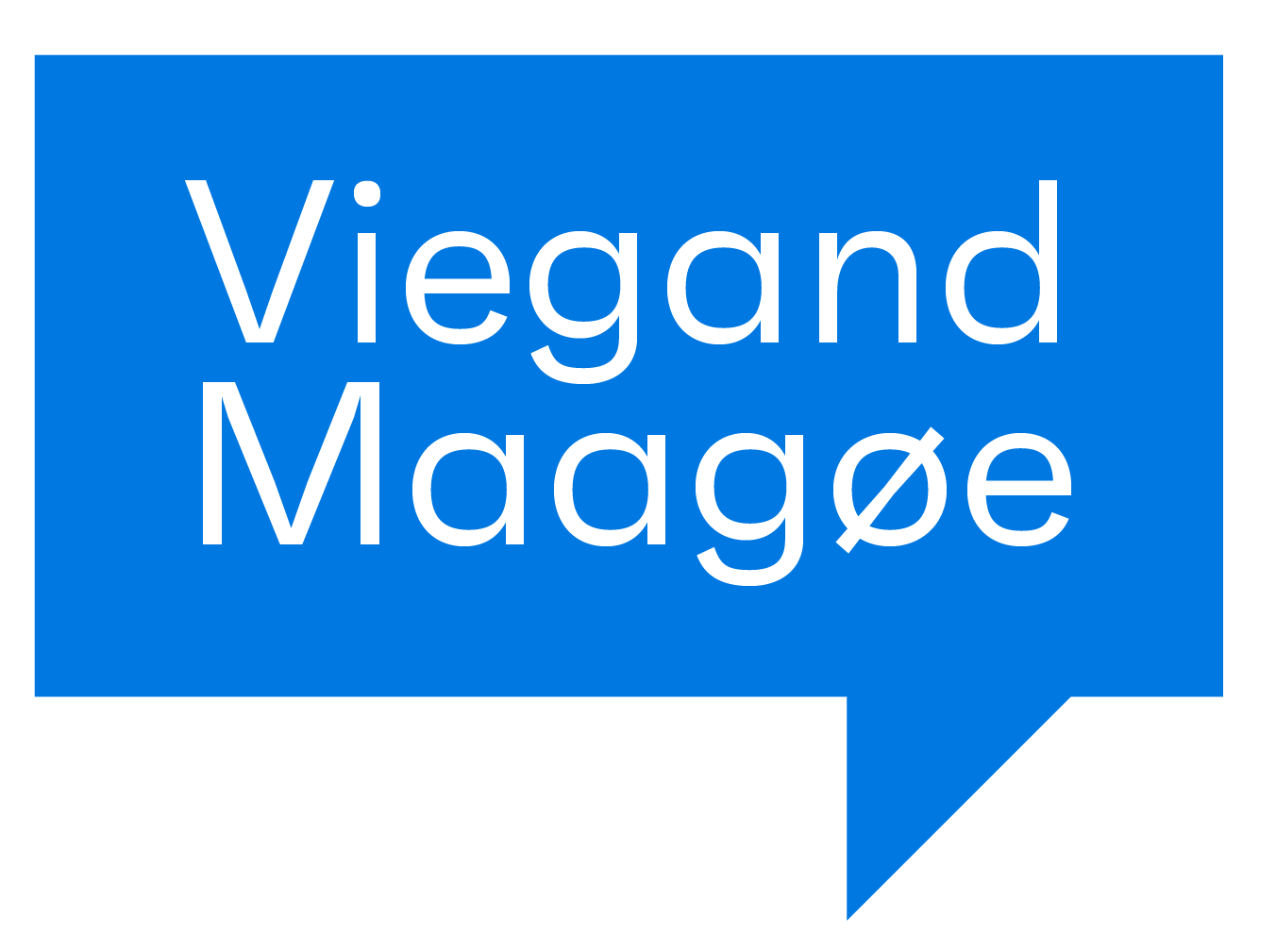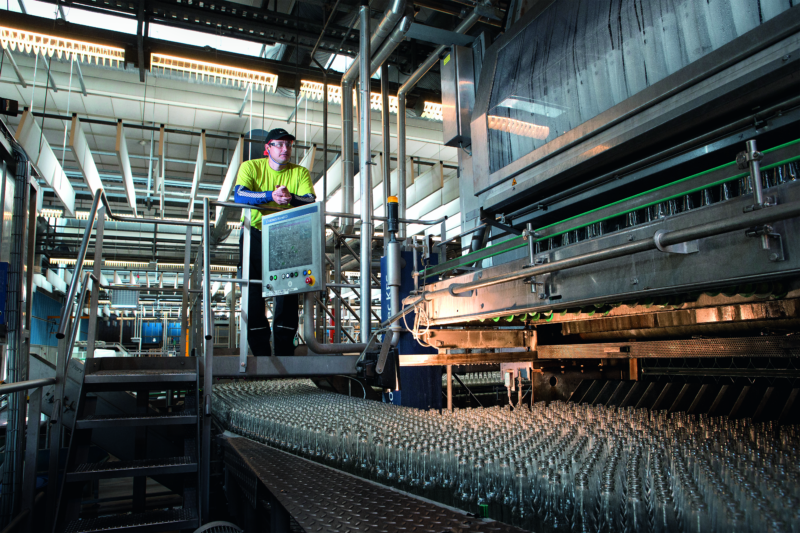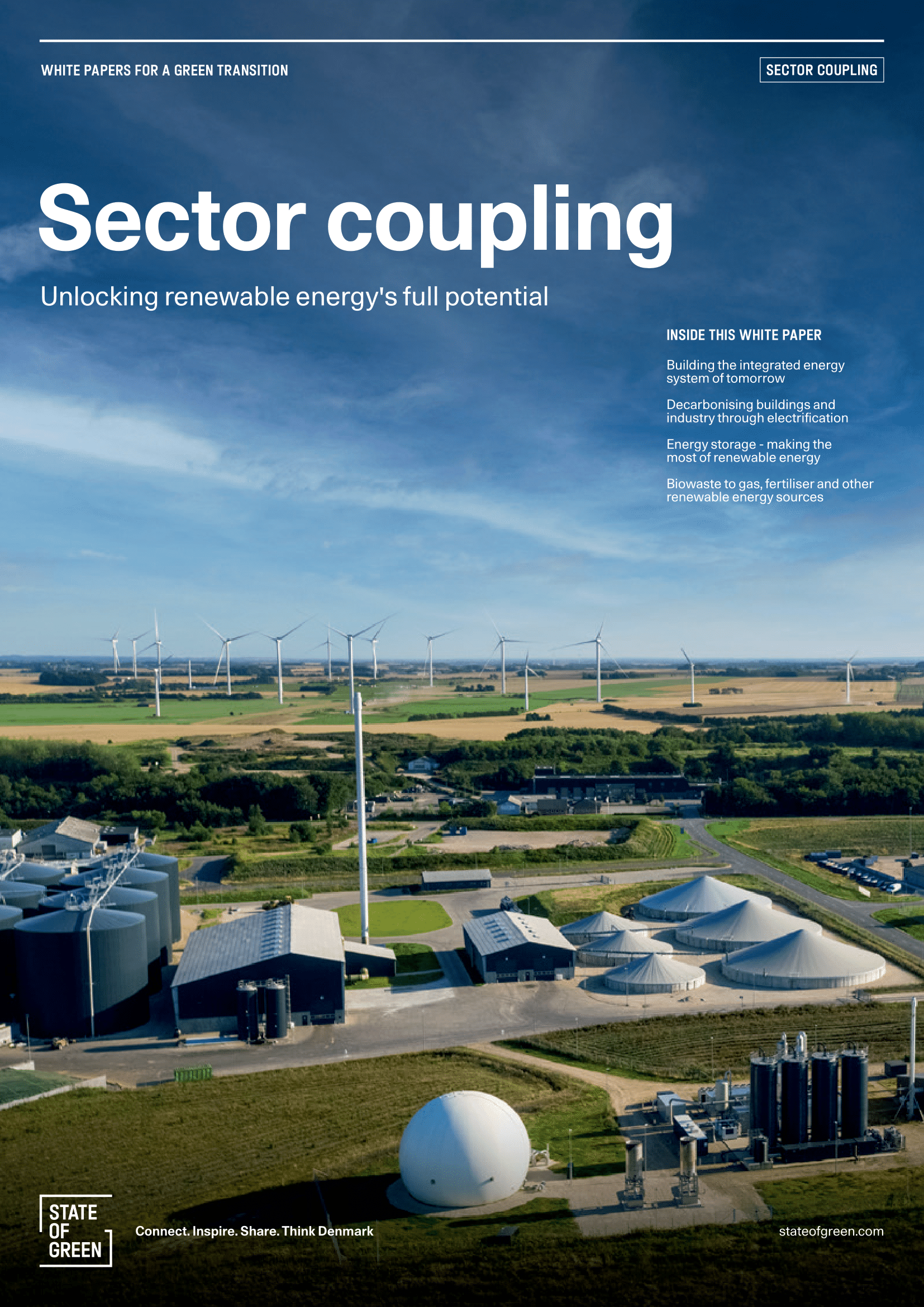Solution provider

Our 120+ employees are in the front line of sustainability. We succeed in this because we have experts with insight into all aspects of the green transition.
case
Sector coupling
Efficient food production
Energy efficiency in industry


Our 120+ employees are in the front line of sustainability. We succeed in this because we have experts with insight into all aspects of the green transition.
Add the case to your visit request and let us know that you are interested in visiting Denmark
More than 50% of the total energy consumption in the Danish food and beverage industry is currently derived from fossil fuels. This presents a significant opportunity for the electrification of these industries, thereby accelerating the green transition.
In partnership with Danish Industry Danish Agriculture & Food Council, Green Power Denmark and Danish Industry Foundation, the consultancy firm Viegand Maagøe spearheaded the project “Electrification of the Food and Beverage Industry.” The project involves showcasing 20 case studies from Danish food and beverage companies, each demonstrating innovative solutions that help various Danish food companies reduce their carbon footprint by electrification of different industrial processes.
Viegand Maagøe approached this task by conducting on-site visits to each company and mapping their unique production processes. Based on these assessments, they provided technical advisory services identifying potential areas for electrification and energy optimization, including the utilization of excess heat from production phases. These evaluations form the basis for creating business cases, presenting multiple financially viable options along with cost-benefit analyses.
The 20 cases are based on specific production processes and business cases. They aim to present solutions that can be implemented today, focusing on available solutions and technologies for electrification. As the food and beverage companies implement these cost-effective green solutions, disseminating the acquired knowledge and new technologies through the project’s showcasing will inspire even more companies within the industry to follow suit.
The project demonstrates that electrification of production processes can significantly support the green transition. Converting industrial processes from fossil fuels to electricity, will, if done correctly, reduce energy consumption and also substantially lower CO2 emissions.
The total energy consumption of the Danish Food and Beverage Industry is 23 PJ (2019) of which 15 PJ is based on fossil fuels, and mainly used for heating purposes. If electrified correctly the 15 PJ fossil fuel can be reduced to 5-6 PJ electricity. Reducing the energy consumption and thus CO2 emissions substantially. On average the 20 cases resulted in a 41% reduction of the CO2 emission.
The 20 cases showed that the technologies to reach this reduction are already available on the market, and the economy is reasonable (on average the simple payback time is 2-10 years). However, the project also showed that the electrification of a production facility is not always easy. It takes time and should be based on careful analysis, and a strategic decision to be successful.

Discover the hidden potential of sector coupling in this white paper, offering valuable insights and practical solutions that can inspire and guide global efforts towards a green and sustainable transition.
Explore the publication